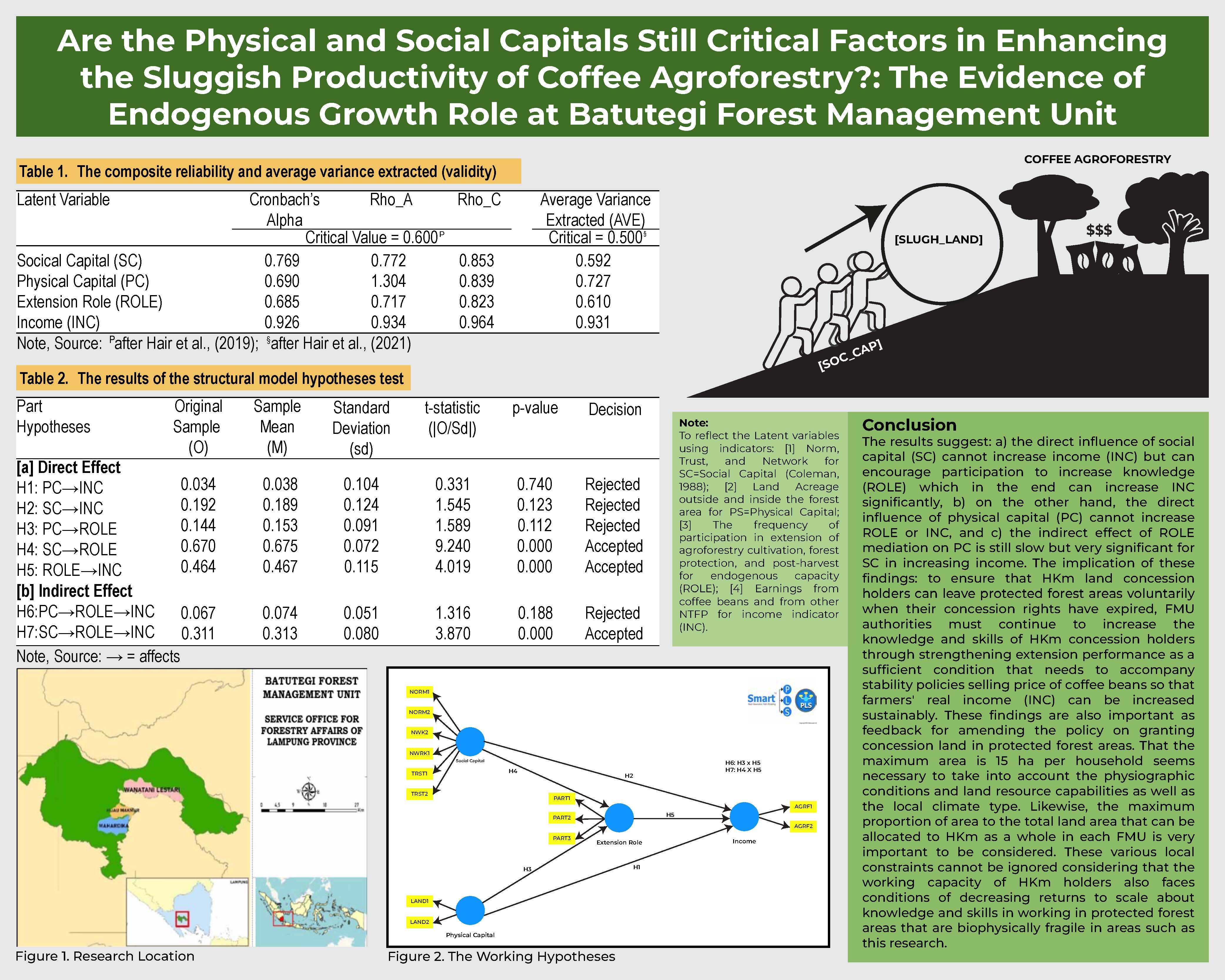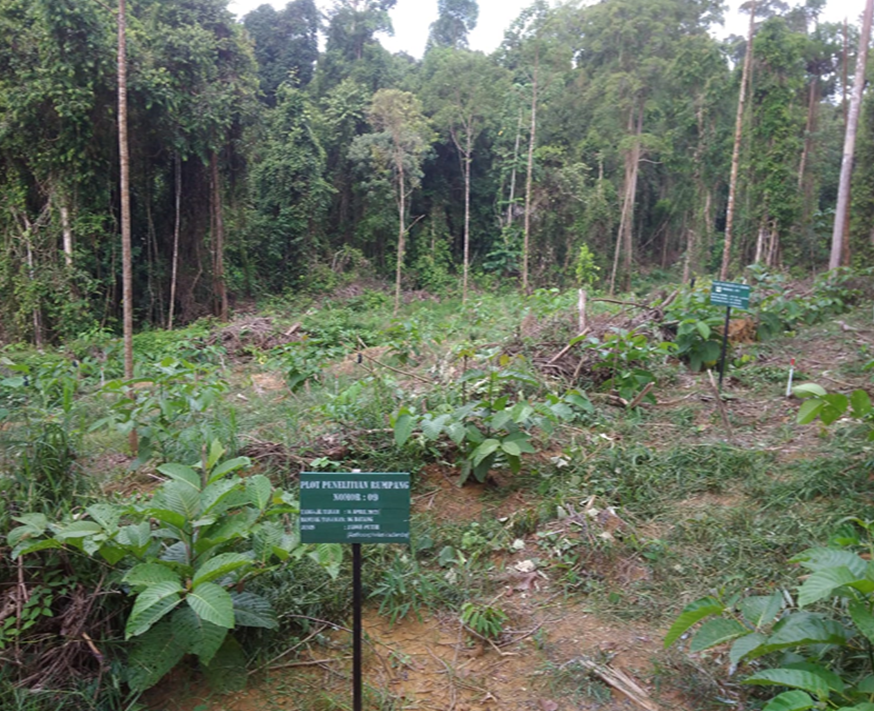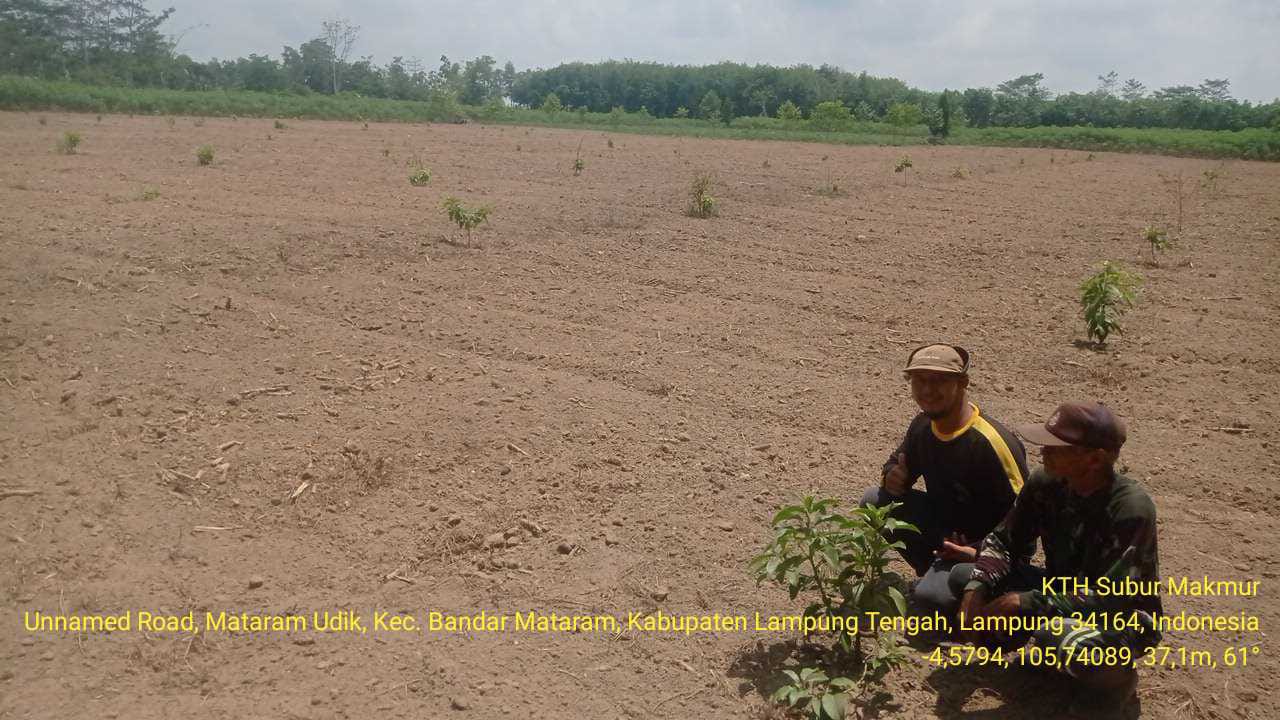Abstract
Forest harvesting still encounters many problems especially concerning impact to the residual stand and environmental damage. Implementing the reduced impact monocable winch and planning of good skid trails should have a positive impact on work efficiency as well as, reducing damage to the residual stand and soil during felling and skidding activities. Reduced impact logging (RIL) with a monocable winch (Pancang Tarik) system has been tried in several IUPHHKs and it can be concluded that RIL monocable winch system could be applied practically and reduce impact on residual stand and soil damage. Using this technology has many advantages, among others: cost efficiency, locally made, environmental friendly, and high local community participation. Application of the monocable winch system in reduced impact logging is an effort to reduce economical and environment damages when compared to conventional system of ground based skidding with bulldozer system. The aim of this research is to verify the efficiency (operational cost), effectiveness (productivity) and time consumption of monocable winch system. The results indicate that the implementation monocable winch system, has reduced the soil damage as much as 8% ha-1. The skidding cost with monocable system is Rp95.000 m-3. This figure is significantly cheaper if compare with ground base skidding with bulldozer system in which the skidding cost around Rp165.000 m-3.





